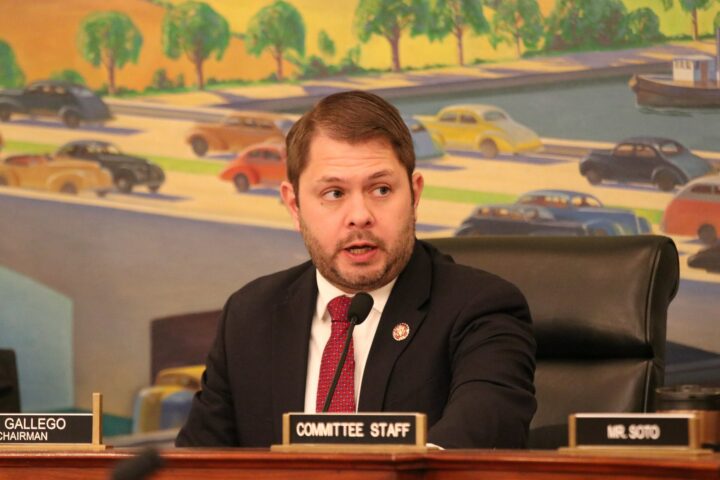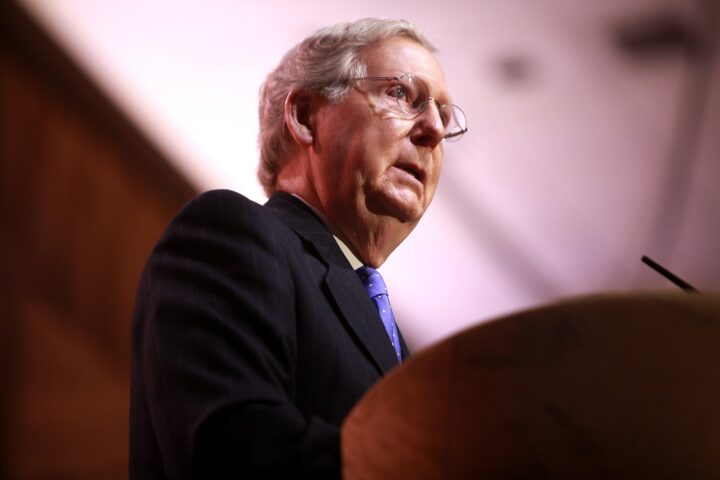On Monday, the Supreme Court justices reportedly wrestled with arguments regarding the Food and Drug Administration’s (FDA) regulation of flavored electronic cigarettes.
They also considered whether the agency acted unjustly in its decision to prohibit two companies from marketing their products with flavors that the agency deemed to be a risk to young people.
The justices investigated whether the FDA acted in a “arbitrary and capricious” manner when it denied approval to the companies that sell varieties such as sour grape, pink lemonade, and creme brulee.
Triton and Vapetasia LLC were determined by the FDA to have failed to provide reliable and robust evidence that would have overcame the dangers of youth addiction and demonstrated a benefit to adult smokers.
However, the companies filed a lawsuit, asserting that the FDA altered the regulations regarding the evaluation of the products in the middle of the review process.
They stated that flavored products can be employed to assist adults in quitting smoking.
The FDA’s position was upheld by numerous lower courts; however, the ultra-conservative U.S. Court of Appeals for the 5th Circuit declared that the FDA had repositioned its objectives.
The FDA’s actions were condemned by the court, which asserted that the companies were informed that the agency required specific studies but subsequently altered its stance and required alternative studies.
The FDA was not directed by the court to approve the products; rather, it was instructed to reevaluate the matter and conduct an additional review.
The alleged shifting standard was the focus of conservative justices during recent questioning, but the majority of the court appeared to be largely unsympathetic to the argument.
The case is being brought at a time when the prevalence of adolescent vaping has reached its lowest point in a decade, a phenomenon that federal officials primarily attribute to regulatory initiatives.
Nevertheless, the Centers for Disease Control and Prevention report that over 1.6 million minors utilize the products. According to federal data, nearly 90% of them consume illicitly flavored brands.
With the exception of one, the FDA has authorized the sale of only 27 e-cigarette products, all of which are tobacco-flavored, a flavor that is not commonly used by young people.
It has denied the rights of millions of others. Companies that are interested in obtaining the agency’s approval must overcome a significant legal obstacle.
[READ MORE: Democrat Staffer Arrested With Gun While Trying to Enter Capitol]








